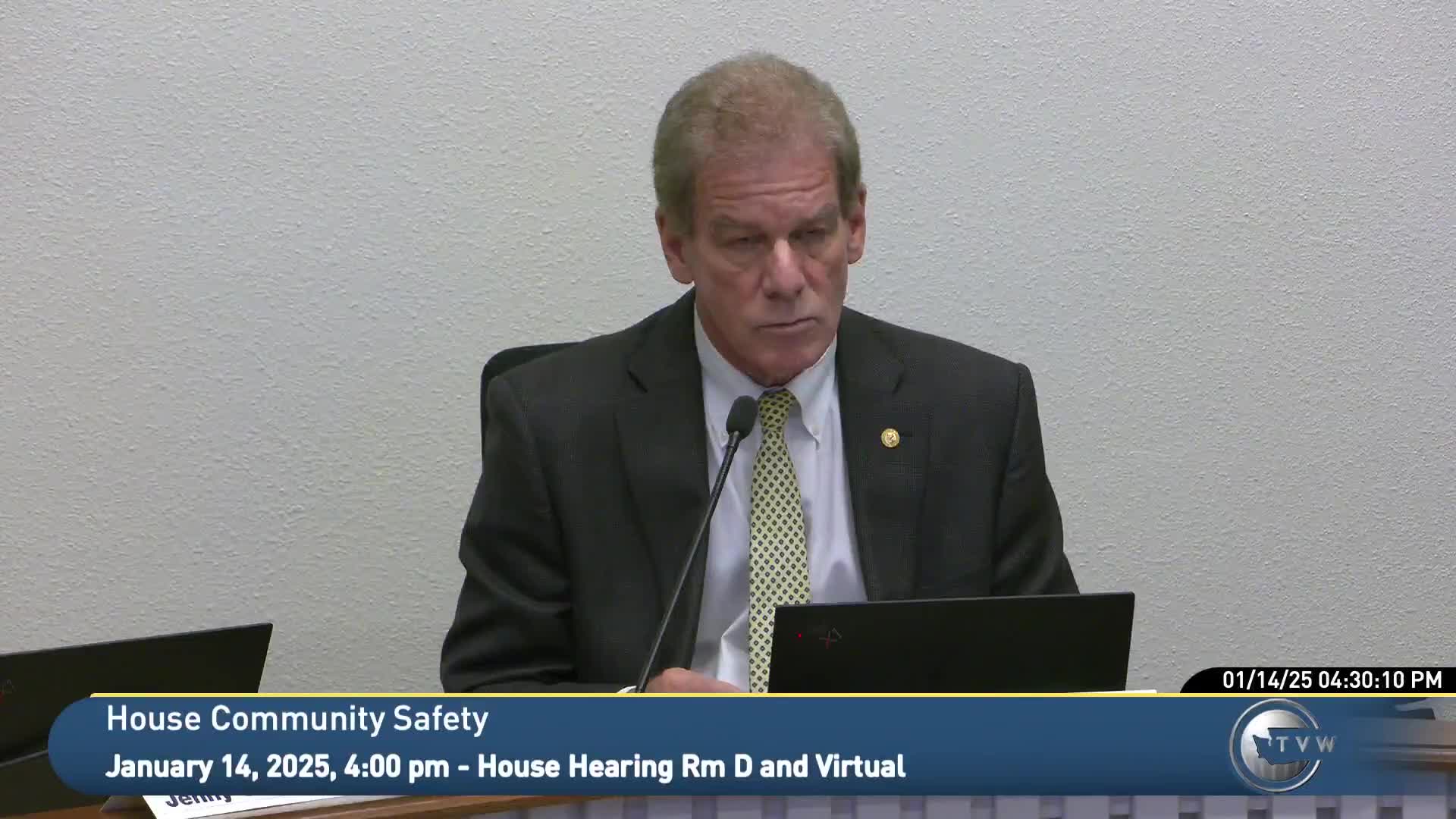JLARC: Sales- and B&O-tax preferences for precious metals grew sharply; effect on competitiveness unclear
Get AI-powered insights, summaries, and transcripts
Subscribe
Summary
JLARC reported a 457% increase in reported savings from sales- and B&O-tax preferences for precious metals and monetized bullion between 2017 and 2023, but said the Legislature did not state a clear objective when it enacted the preferences and their effect on competitiveness is unclear.
Pete Van Moorsil, JLARC staff, presented the committee with findings from JLARC’s 2024 review of two tax preferences that apply to precious metals and monetized bullion: a business-and-occupation (B&O) tax exclusion and a sales-and-use tax exclusion. These preferences date to 1985 and do not include an explicit legislative performance objective in the statutes.
JLARC reported that combined beneficiary savings from the preferences were about $28,400,000 in fiscal 2023—up 457% from $5,100,000 in 2017. Over seven years the cumulative reported savings were about $111,000,000; projected savings for the next three biennia are approximately $165,000,000. JLARC observed that rising market spot prices for gold and silver and growth in online sales (which allow out-of-state sellers to serve Washington buyers) may have contributed to the increase in reported savings. In 2017 out-of-state sellers accounted for roughly 24% of reported savings; by 2023 that share approached 40%.
JLARC noted the inferred policy objective from prior work (2012) is to treat sales of precious metals like other investments so Washington-based coin and bullion businesses are not at a sales-tax or B&O disadvantage to out-of-state sellers. However, JLARC said the preferences’ impact depends on the sale circumstances: for in-person purchases the sales-and-use tax exclusion can create a price advantage for Washington sellers, but for online sales the exclusion also applies to out-of-state sellers and therefore does not necessarily preserve a local competitive advantage—particularly after the U.S. Supreme Court’s South Dakota v. Wayfair decision that allows states to require remote sellers to collect sales tax based on destination.
JLARC recommended the Legislature decide whether to continue the preferences. If it chooses to do so, JLARC recommended adding a public-policy objective and establishing performance metrics so that future reviews can assess whether the preferences achieve their intended goal. The JLARC presentation to House Finance included an explanation of the data sources (spot market data for metals pricing and Department of Revenue returns for reported tax preference claims) and noted limitations in tracking specific transactions or household-level purchases.
